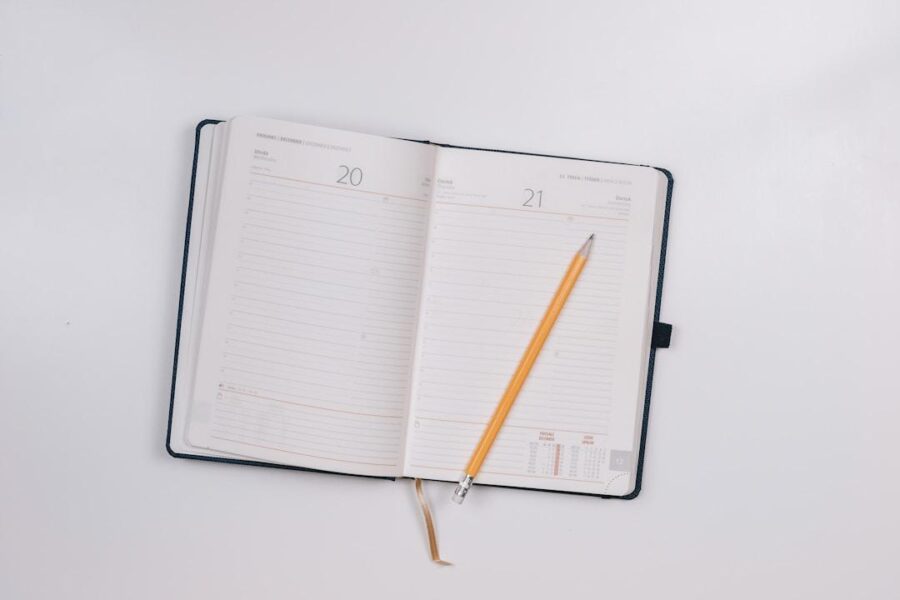Graduate school is demanding, often leaving students feeling as if there’s little time for anything beyond studying, research, and attending classes. However, taking time for oneself is vital for maintaining mental health and overall well-being.
It’s about finding a balance that allows for personal growth and success in academe. Keep reading to discover tried-and-true methods that can help grad students carve out personal time amidst their packed schedules.
Self-Care Practices for the Busy Grad Student

Self-care is an essential component of any graduate student’s routine. Initiating a daily practice can start with simple activities, such as mindfulness exercises, taking baths, or journaling, which can provide mental clarity and reduce stress.
Nutrition and physical health have a direct impact on cognitive function and energy levels. Preparing healthy meals during the weekend to consume throughout the week can save time and improve your diet.
Additionally, regular physical activity, even if brief, contributes positively to your academic performance. Interacting with others outside the academic realm is crucial for a balanced life.
Engaging in a social slots casino experience can be a delightful break from the rigors of studying. These interactive slots games allow for decompression and social interaction in a relaxed setting without having to pay any real money.
Leveraging Study Breaks for Personal Time Management
Students tend to use breaks as a time to check social media or catch up on news. However, these breaks can be an opportunity to step away from schoolwork completely. Use this time to do something that brings you joy or relaxation.
Breaks between study sessions are perfect for brief walks, connecting with family, or even engaging in a hobby. This can lead to returning to your studies with a refreshed mind, often leading to more productive sessions.
To ensure breaks don’t inadvertently extend and consume large portions of your day, set clear limits. Whether it’s a 10-minute meditation or a 20-minute exercise routine, having a plan for your break can keep you on track.
Study breaks can also be an excellent time for personal development opportunities, such as online courses focused on skills that complement your studies. For instance, a master’s degree program in instructional design and technology could enhance your educational toolkit.
You can learn more about online masters program here: https://online.uc.edu/masters-programs/med-instructional-design-and-technology/.
Maximizing Your Calendar: Strategies for Allocating Personal Time in Grad School

Balancing a rigorous academic schedule demands strategic time management. One effective approach is to visually map out your week with study sessions, classes, and work commitments. Once these are in place, make it a priority to block off periods dedicated solely to personal activities.
Color-coding your calendar can be a helpful way to distinguish between academic obligations and personal time. This visual separation can serve as a constant reminder that your personal life deserves its own space.
Integrating digital tools with alerts can ensure you honor these personal commitments as you do any important deadline.
Don’t underestimate the power of short breaks. Even a 15-minute pause for a walk or a quick chat with a friend can be rejuvenating. Consistently scheduling these breaks helps build personal time into your everyday routine, ensuring it’s not overlooked.
The Art of Saying No: Setting Boundaries to Free Up Your Schedule

Graduate students often feel the need to accept every opportunity that comes their way. However, it’s vital to assess the value of each commitment and its impact on personal time. Learning to say no is not a sign of weakness but a strategic decision to prioritize well-being.
Setting boundaries doesn’t mean you’re neglecting your academic growth. Instead, it means you’re conscious of maintaining a healthy balance. Be transparent with your peers and advisors about your need for personal time; often, they’ll respect and support your choices.
Social pressures can lead to overcommitment, but remember, fulfilling every social invitation is not obligatory. Evaluate your social engagements and attend those that truly add value to your life. This approach can free up significant time to invest in yourself.
Overall, recognizing the importance of personal time is critical in the life of a graduate student. By employing strategic time management, setting clear boundaries, practicing self-care, utilizing study breaks cleverly, and seeking harmony between academic and personal life, students can thrive both in their studies and their well-being.





